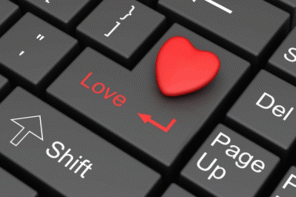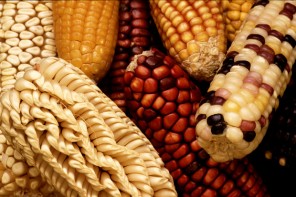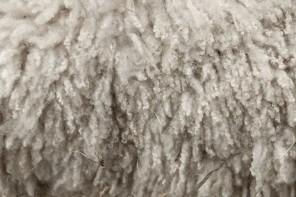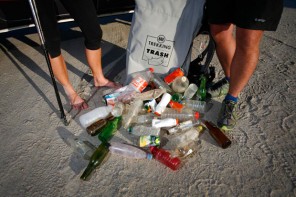Valentine’s Day is when many people take to the jewellery stores to buy their partner a gift. People who are concerned with responsible shopping often opt for recycled goods and eco-friendly materials, but how realistic is this idea when it comes to jewellery shopping?
In a video post by Ask EWG (which stands for Environmental Working Group), readers asked the company if there really is such a thing as eco-friendly jewellery. According to Dusty Horwitt, an analyst at EWG, jewellery may be beautiful, but the processes used to make it are often destructive.
“Metal mining is the leading source of toxic pollution in the United States, which is probably because metal mining companies use up to 280 tons of dirt and rock just to make once ounce of gold. What happens during this process is that companies extract all this dirt and rock and they put it on a lime cab, which is placed on a leach pad that gets sprayed with cyanide and other dangerous chemicals. These chemicals are able to trickle through the heat, leaching out the gold or other precious metals,” says Horwitt.
“But that’s not even the most environmentally damaging aspect of metal mining – the worst part comes just from digging the hole itself. During this process, the sulphur rock is exposed to air and water, which leads to a chemical reaction that produces acid run-off. This acid run-off will leach heavy metals out of rock, such as lead, and take it into nearby water supplies where it can contaminate water supplies,” continues Horwitt.
“About 84% of the gold consumed in the United States is used for jewellery, about 6% goes for dental and other uses and 10% goes for electronics. The best choice is to choose heirloom jewellery that has been in your family or antique jewellery. Recycled metals still require additional energy to produce, but the jewellery made from recycled metals may still be a better choice than jewellery made from new metal,” says Horwitt.
There’s already enough gold above ground
You may have heard of “Green Gold” or “eco-friendly gold”, which refers to responsibly mined metal. According to GreenKara.com “mining continues at a pace of 2,500 tons a year, 80% of which is used by the jewellery industry, there is enough gold above ground (already mined) to satisfy all demands of the jewelry industry for the next 50 years. Much of it sits in bank vaults and in the form of old and unwanted jewellery.”
Green gold basically refers to recycled gold or gold that is mined under strict environmental regulations. Although some of the claims about environmentally friendly mining are accurate, others are not. Check with Earhtworks Action before purchasing these types of metals.
What other options are there?
There are a number of eco-jewellery lines that use over 90% of recycled gold and silver in their products and incorporate everything from vintage charms, gingerbread patina, bracelets of reclaimed metals, recycled copper, coconut shell jewellery, pendants of remnant zippers and so forth to produce beautiful pieces. These sustainable-minded companies are also committed to using only fair-trade pearls and gems (which basically means they don’t support sweat-shop labour).
Batacuda Eco Jewellery is a local company that uses a unique “eco plastic” formula in their jewellery-making process. The lightweight products are transformable (meaning that your necklace can morph into a bracelet and vice versa). Although many people compare the company’s jewellery to rubber or silicone, it’s not. Batacuda also uses recycled paper for the packaging of their pieces. Click here to find one of the stockists near you.
Cape Gem sells a range of pearl, glass and fashion jewellery and they only buy accessories that are ethically produced. “It is important to us to maintain our focus on the cape region of South Africa and its designers and employers. So many of the accessories bought today in the UK are sourced from developing countries where workers are paid meagre wages. All of our suppliers, where they employ local people, pay fair wages as a minimum,” says the company.
The liveeco team








